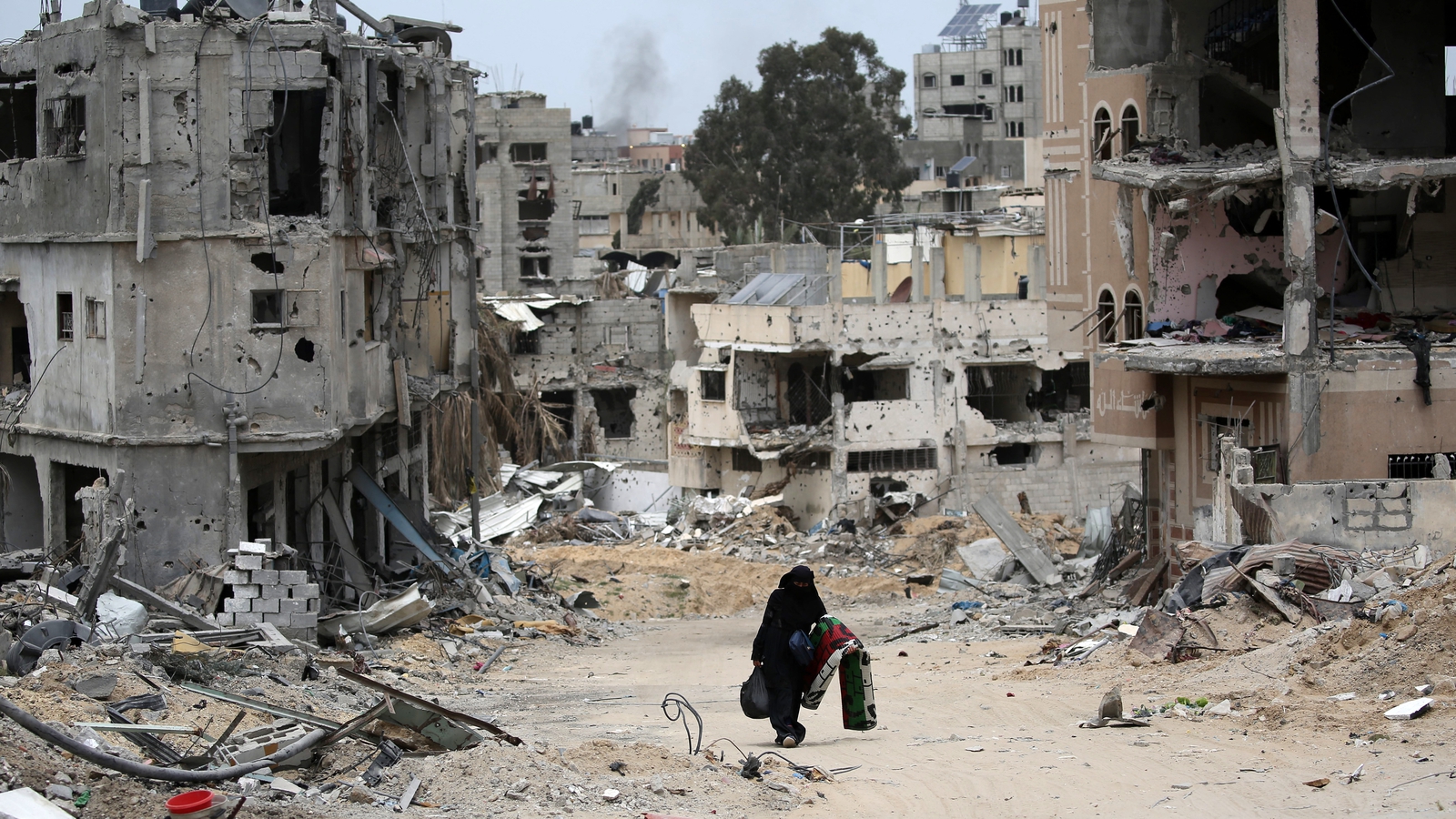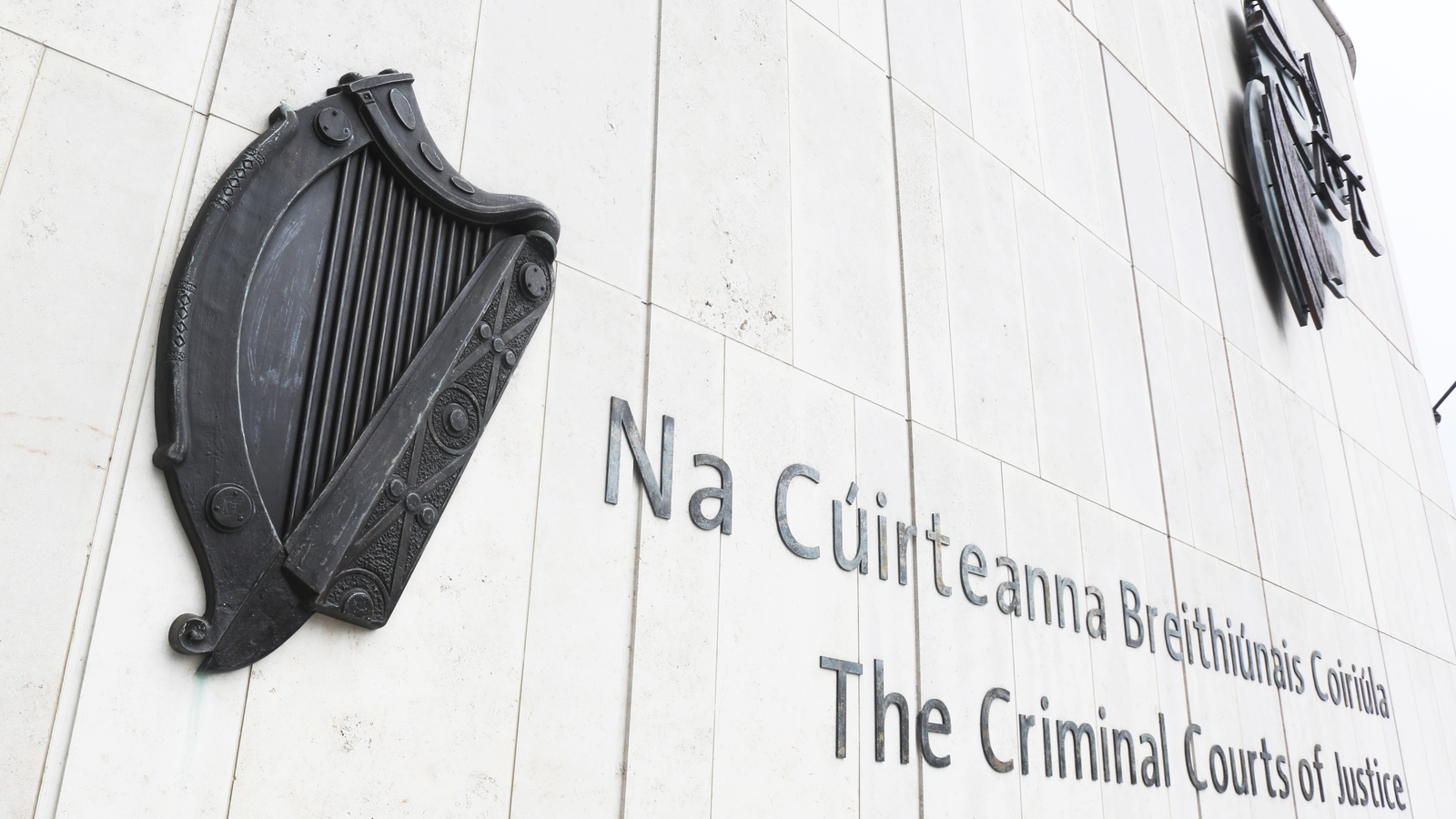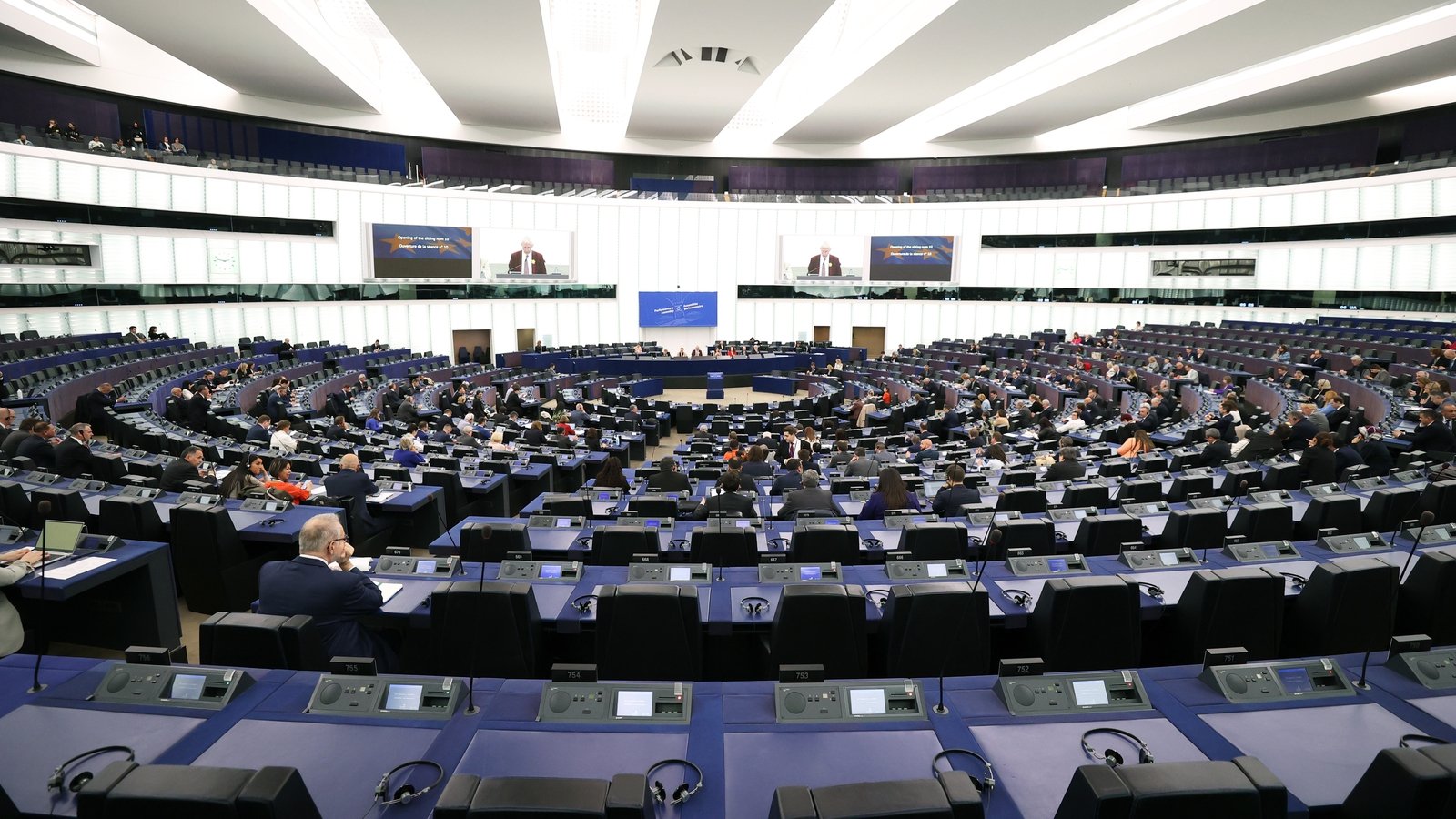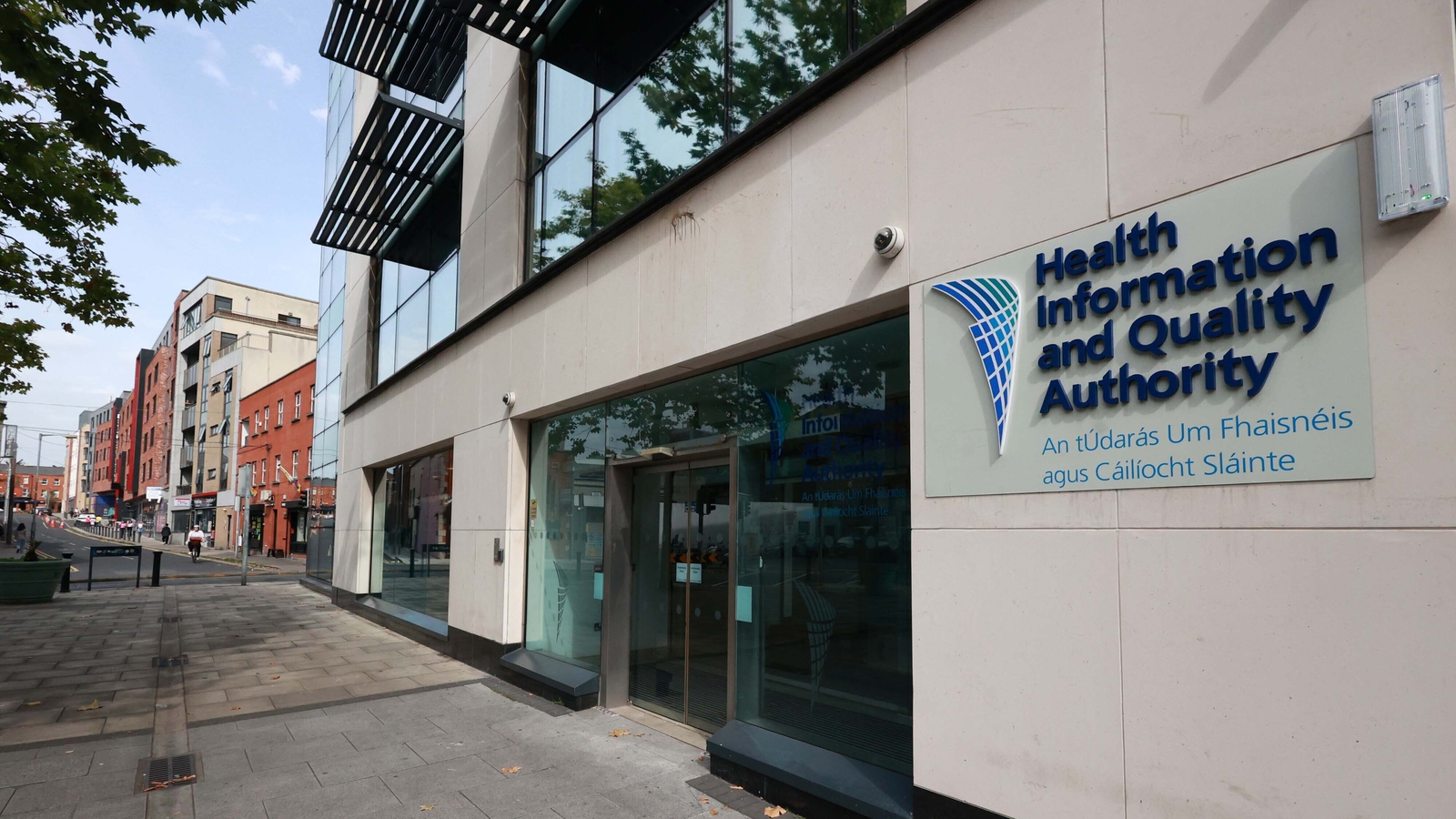Long-Covid patients ‘neglected’, health committee to hear


Patients with long-Covid say they have been “neglected and dismissed” and that an urgent response plan is needed for those affected.
Long-Covid Advocacy Ireland (LCAI) will appear before the Oireachtas Committee on Health today, along with the Health Service Executive (HSE).
LCAI estimates that around 350,000 people are affected to some extent by the complex, multi-system disease.
It said that long-Covid presents with a wide range of disabling symptoms, including profound exhaustion, muscle and joint pain, cognitive dysfunction, and post-exertional malaise.
At today’s hearing, LCAI will call for the provision of specialised training for healthcare professionals and basic training for GPs.
It said there are issues with existing adult clinics and that specialised services for children also need to be established.
Sarah O’Connell, co-founder of the organisation, said that a plan of action is required, aimed at improving education, services and financial support.
LCAI wants a public awareness campaign to educate people on long-Covid symptoms and its management.
The organisation is also calling for long-Covid to be recognised as an occupational illness.
Current model of service
The HSE will tell the committee that the model of service is eight post-acute Covid clinics and six long-Covid clinics across the country, representing each hospital group.
It said it has six long-Covid clinics operational and receiving patients, with each clinic supported by an interdisciplinary team with expertise in the management of long-Covid.
According to Dr Siobhán Ni Bhriain, National Clinical Director Integrated Care, long-Covid clinics are established in Beaumont University Hospital, St James’s University Hospital, St Vincent’s University Hospital, Cork University Hospital, University Hospital Limerick and Galway University Hospital.
There are six post-acute clinics nationally, in Cork University Hospital, Galway University Hospital, St. James’s Hospital, Mater Hospital, University of Limerick and Tallaght University Hospital.
The HSE said that for many the referrals to the post-acute Covid clinics, symptoms originally attributed to Covid are, in fact, explained by other specific respiratory diagnoses.
The most common diagnoses are asthma and obstructive sleep apnoea.
Around 200 long-Covid symptoms – HSE
The HSE said that the cognitive issues that present are largely attentional deficits, resulting from chronic fatigue, and these can be very difficult to manage as there is no known treatment available.
It will tell the committee that around 200 symptoms have now been described as part of long-Covid, although the most common lingering symptoms are fatigue, shortness of breath, difficulties with memory and thinking and joint and muscle pain.
People can also suffer from palpitations and dizziness and psychological symptoms such as depression and anxiety.
The HSE said there is limited evidence on how to treat long-Covid, with current management based on symptoms experienced.
It points out that long-Covid is a new clinical entity, characterised by a wide variety of symptoms, for which there is, as yet no evidence-based treatment.
The HSE said it is the subject of ongoing research here and internationally, and it responded to the need by establishing clinics nationally to support this newly-emerging condition.





